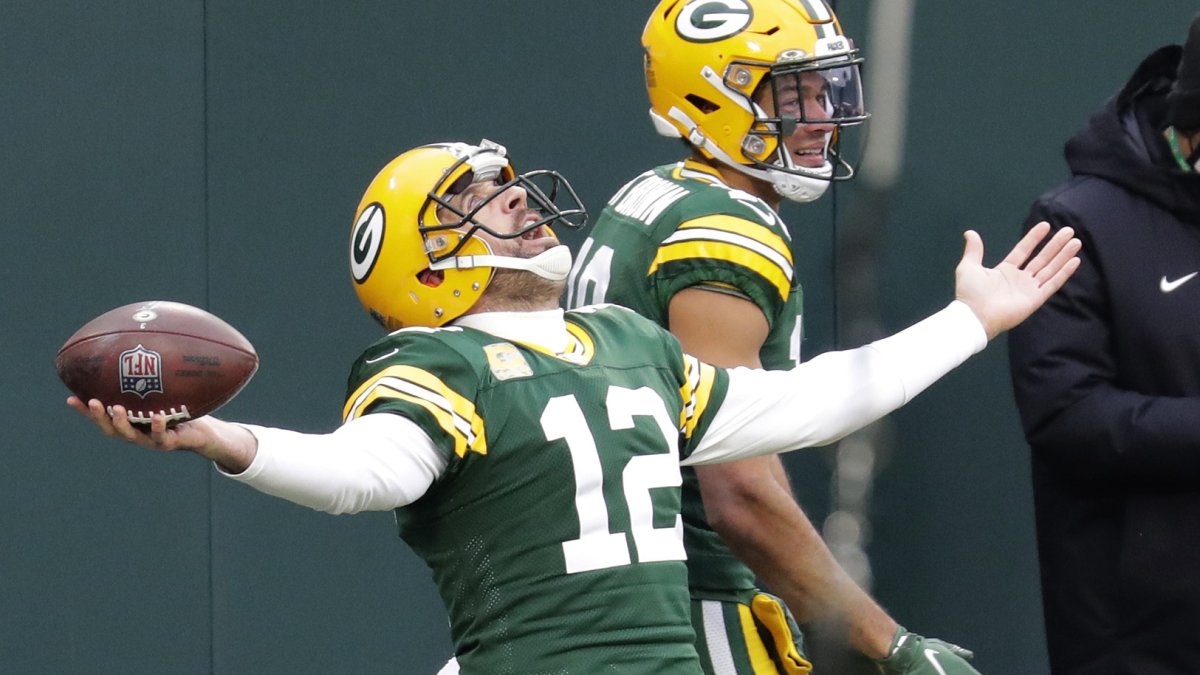We know a lot about the 14 NFL playoff teams at this stage, but predicting a single-elimination system still presents a unique set of challenges. However, one thing that does help when it comes to projecting NFL playoff performance is to focus on the most important and predictive trait of a team: its passing offense.
Over the past 15 years, the strength of passing offense has been the single most important factor in predicting playoff performance. When correlating playoff point differential to offensive expected points added (EPA) per play on both offense and defense, we find a correlation coefficient of 0.21 for pass offense and 0.12 for pass defense; we see a correlation coefficient of 0.06 for run offense, while we find a correlation coefficient of 0.01 for run defense.
To phrase it another way, the average Super Bowl participant ranked 7th in pass offense, 10th in pass defense, 12th in run offense and 15th in run defense in the regular season.
So, how do we project passing offenses?
First, we look at their performance over the course of the season using both expected points added per pass play as well as the PFF receiving, pass-blocking and passing grades. As far as quarterbacks are concerned, we assume (and hope) that each signal-caller will be in perfect health come kickoff and consider only the starters’ passing grades, though this might not be entirely accurate in the case of the Los Angeles Rams.
However, as we established last year, we have to incorporate one piece of information from prior seasons: The quarterback. A quarterback’s performance over his career matters to predicting a team’s passing ability in the playoffs, even though we found that it should be weighted lower than this season’s performance.
Last year and this year will most likely be no different, as we found examples in both directions: Tom Brady and the New England Patriots entered last year’s postseason in a slump; that continued in the playoffs, as all their passing prowess from prior years suddenly didn’t matter anymore.
On the other side of the spectrum, the Baltimore Ravens had the best passing game of the 2019 regular season, but the Kansas City Chiefs went into the playoffs with a longer track record of excellence, and this reflected itself when they cruised through the playoff field and Patrick Mahomes played one of the best postseasons we’ve ever recorded.
We don’t know which teams swing which way this year, so we are left with giving median projections as we head into the playoffs. And since we did most of the groundwork last year, we can fast forward to the results.
First, we rate all 14 offenses separately using EPA per pass play and PFF grades. To bring the grades and EPA numbers together, we put them on the same scale via standardization to z-scores and then use a simple 50:50 split. After accounting for defenses faced, we obtain the following rankings for the 14 playoff pass offenses when only looking at 2020 performance.



 © 2026 PFF - all rights reserved.
© 2026 PFF - all rights reserved.